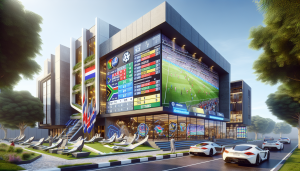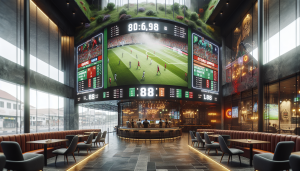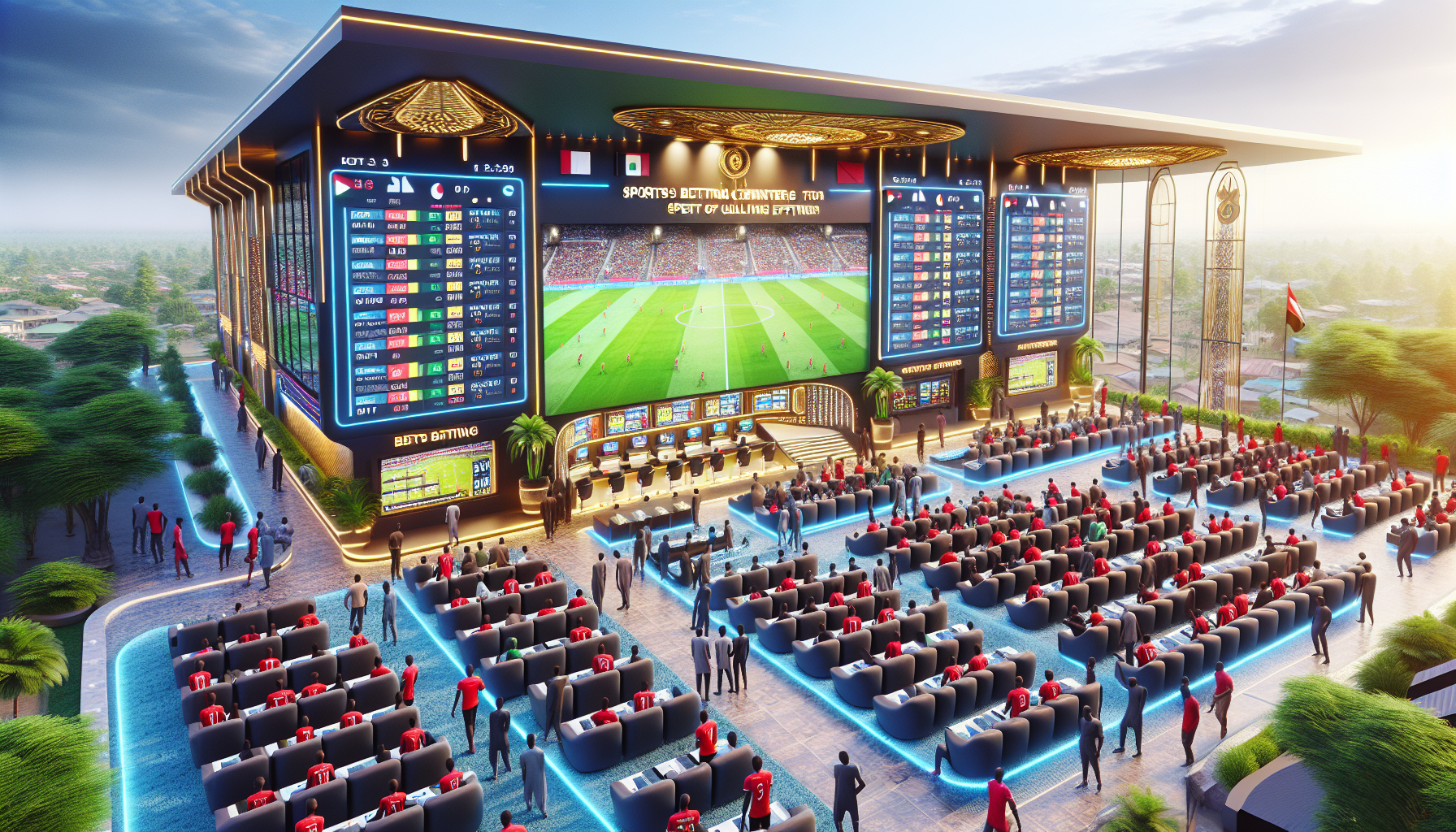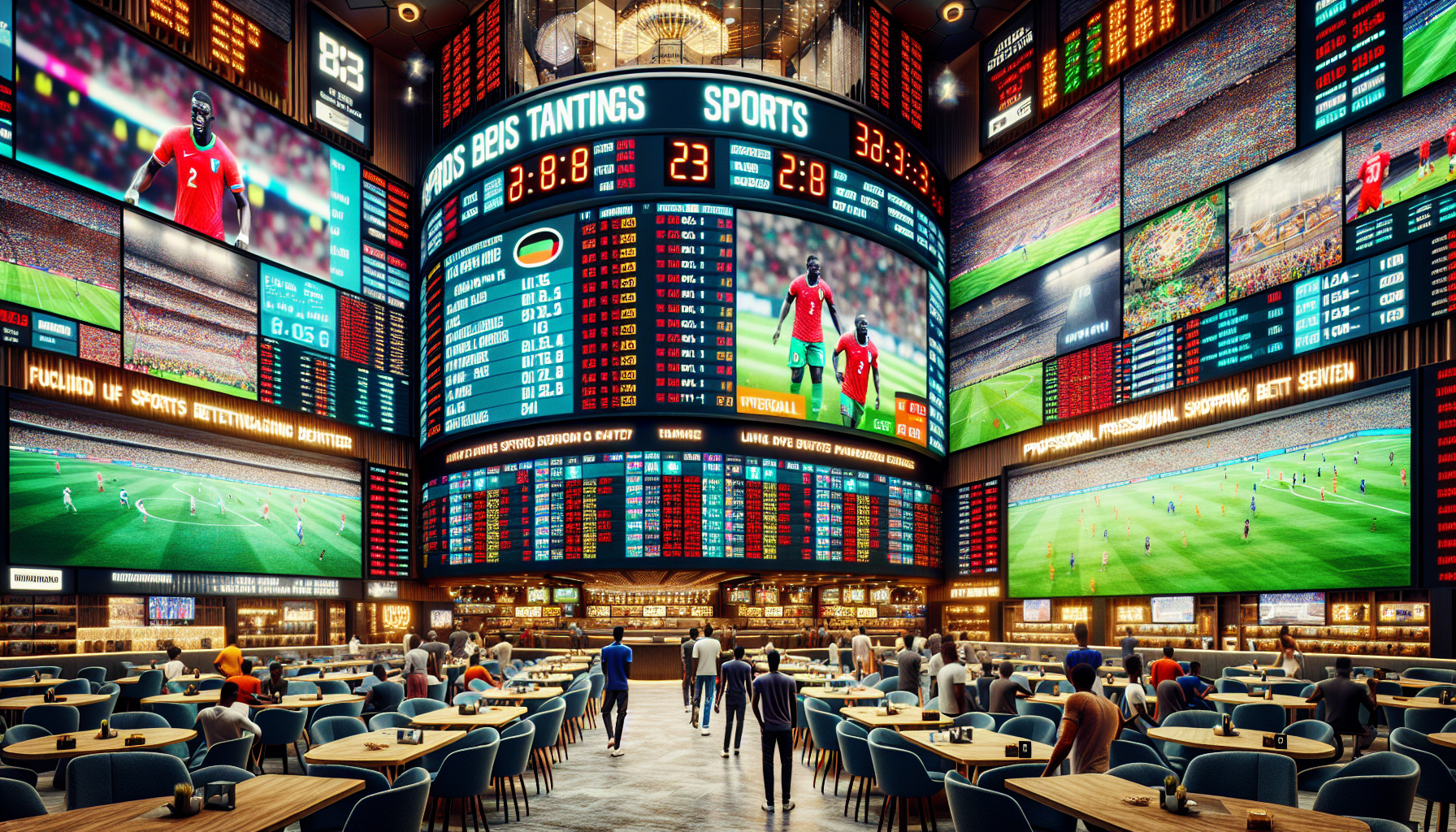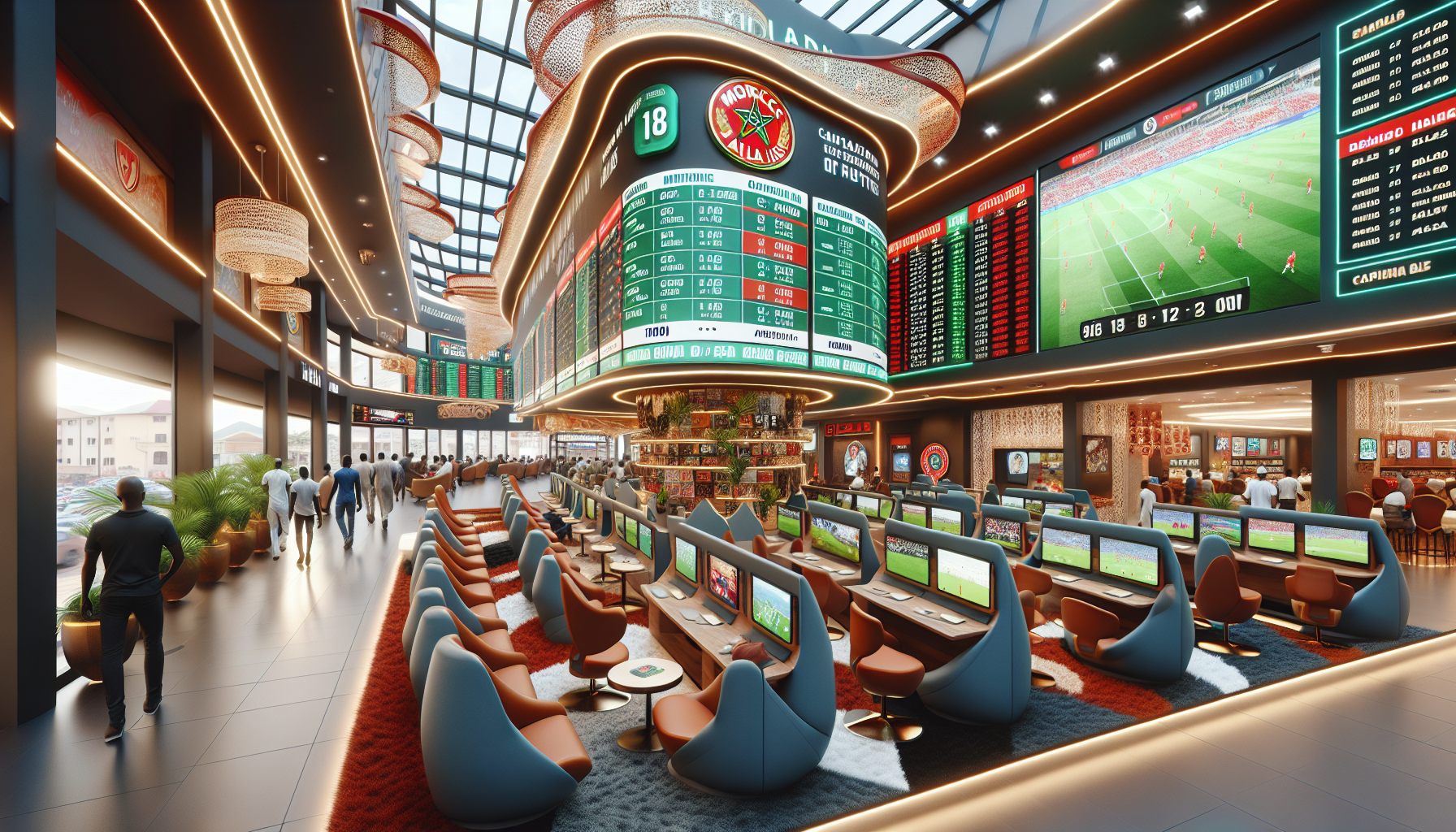The History of Laurent Pokou Stadium
Laurent Pokou Stadium, also known as Stade de Bouake, is a multi-purpose stadium located in the city of Bouake, Cote d’Ivoire. It was built in 1964 and named after Ivorian football legend, Laurent Pokou. The stadium has a capacity of 25,000 and is the second largest stadium in the country after Stade Félix Houphouët-Boigny.
Laurent Pokou was a prolific striker who played for the Ivorian national team from 1967 to 1980. He scored an impressive 14 goals in just two games during the African Cup of Nations in 1970, earning him the nickname “the Black Panther”. To honor his contribution to Ivorian football, the government decided to name the stadium after him.
Discover Laurent Pokou Stadium
The stadium has been home to several local football clubs including Africa Sports National and Société Omnisports de l’Armée (SOA). It has also hosted numerous international matches for both club and national teams. One notable event held at Laurent Pokou Stadium was a friendly match between Cote d’Ivoire and Brazil in 2010.
Aside from football matches, Laurent Pokou Stadium has also been used for other sporting events such as athletics competitions and boxing matches. In addition, it serves as a venue for cultural events and concerts featuring popular local artists.
The stadium underwent major renovations in preparation for hosting matches during the African Cup of Nations in 1984 and again in 2023 when it will be one of six stadiums used for the tournament. The renovations included installing new seats, improving facilities such as locker rooms and media areas, and upgrading security measures.
The Significance of Laurent Pokou Stadium
Laurent Pokou Stadium holds great significance for the people of Cote d’Ivoire as it represents the country’s love for football and its rich sporting history. It has witnessed some of the most memorable moments in Ivorian football, including the national team’s victory in the 1992 African Cup of Nations.
Moreover, Laurent Pokou Stadium serves as a symbol of unity and national pride, bringing together people from different backgrounds to support their team. It has also played a crucial role in promoting sports and providing opportunities for young athletes to showcase their talents.
Pros / Cons

Pros:
– A modern and well-maintained stadium with a capacity of 25,000.
– Hosts both local and international football matches.
– Represents the country’s love for football and its rich sporting history.
– Provides opportunities for young athletes to showcase their talents.
Cons:
– Limited parking spaces around the stadium.
– The stadium is located far from the city center, making it difficult for fans to access.
FAQ
Q: When was Laurent Pokou Stadium built?
A: Laurent Pokou Stadium was built in 1964.
Q: How many seats does Laurent Pokou Stadium have?
A: The stadium has a capacity of 25,000 seats.
Q: Who is Laurent Pokou?
A: Laurent Pokou was an Ivorian football legend who played for the national team from 1967 to 1980.
Q: What other events are held at Laurent Pokou Stadium besides football matches?
A: The stadium also hosts athletics competitions, boxing matches, cultural events, and concerts featuring popular local artists.
Conclusion

In conclusion, Laurent Pokou Stadium is not just a sports venue but also a symbol of Ivorian identity and pride. Its rich history and significance in the country’s sporting landscape make it a must-visit for any football fan. With the upcoming African Cup of Nations in 2023, Laurent Pokou Stadium will continue to be a central hub for football in Cote d’Ivoire and a source of inspiration for future generations of athletes.
